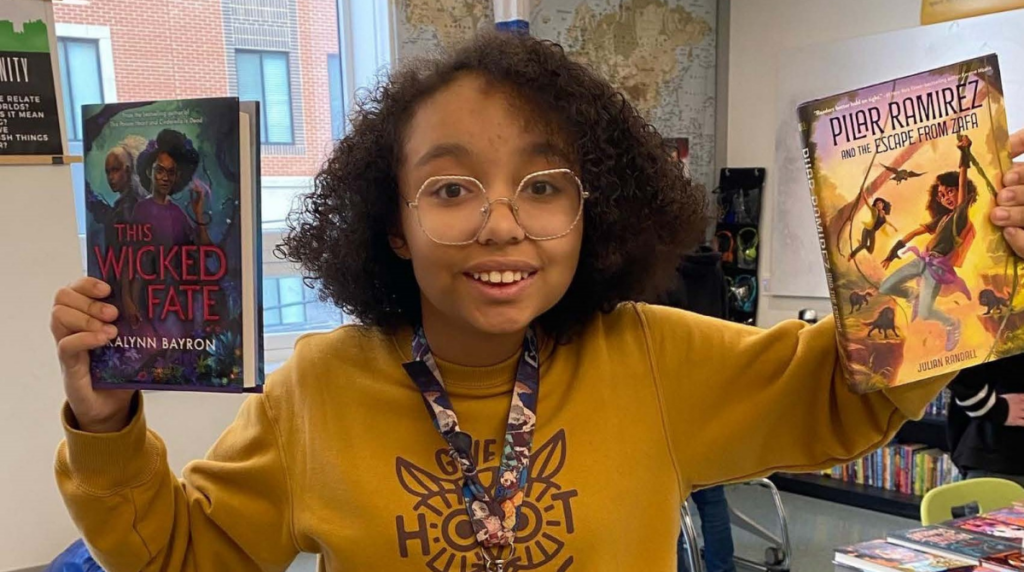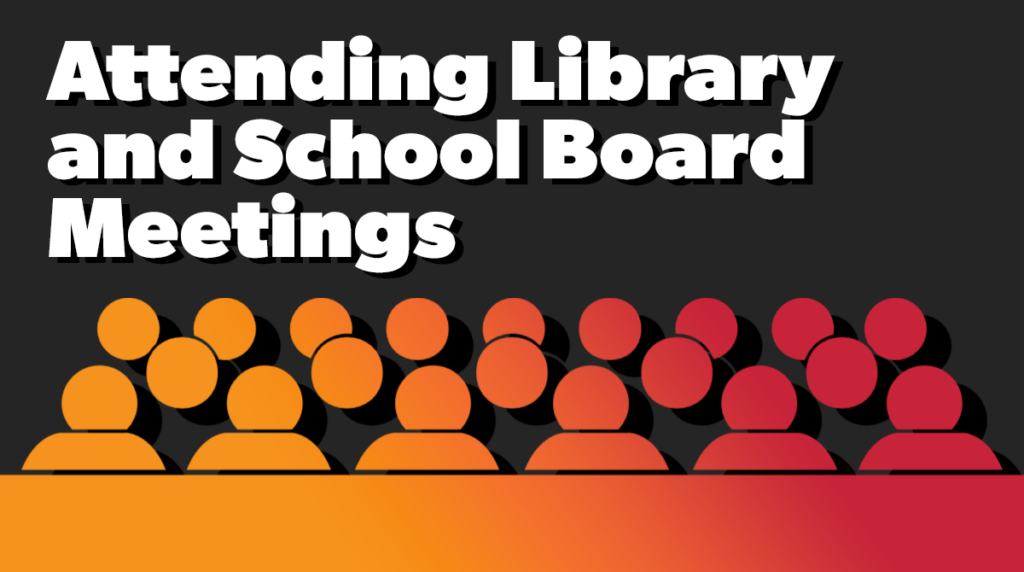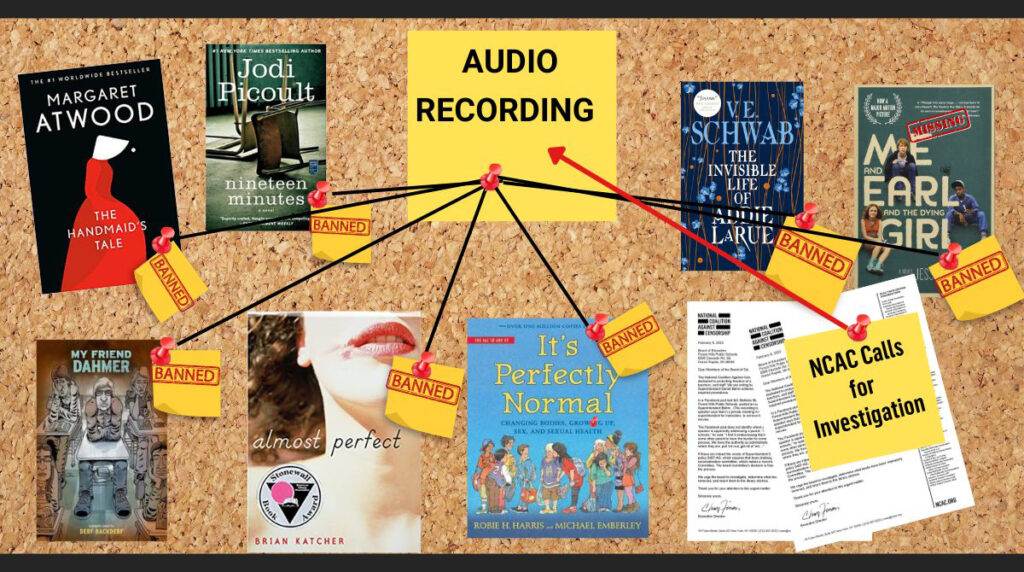This blog post is by Kyle Zimmer, President and CEO of First Book – a Unite Against Book Bans partner.
This week, First Book Research & Insights released the results of a national pilot study revealing the positive academic impacts of diverse books.
With these findings in mind, First Book is more committed than ever to opposing current efforts to ban or restrict access to books written by or about people of color or members of the LGBTQIA+ community. By making diverse books their primary targets, censors and book banners stand in the way of educational equity and work in opposition to educators’ efforts to increase reading interest and proficiency.
Understanding the impact of diverse books is especially important to First Book, a nonprofit social enterprise that furthers educational equity. In previous First Book surveys of educators in our network – those working with children at schools and programs in low-income communities – 90 percent of respondents indicated that their students would be more enthusiastic readers if they had access to books with characters, stories, and images that reflect their lives. However, limited research has existed regarding whether diverse books impact academic performance.
“Kids are just willing to read for a longer time when they have access to the right books. Whether it’s a character they’re familiar with or just a topic or story that reflects their interests … there are a lot of ways to grab kids’ attention. And if they want to learn more, they want to read more books.”
– Katie, a Minnesota teacher in the First Book Network.
Beginning in 2022, First Book Research & Insights worked with nearly 450 educators over a six-month period. After conducting a baseline survey of participating educators about their students’ reading engagement and achievement, we enabled educators to select and add diverse books to their classroom libraries from our nonprofit eCommerce site, the First Book Marketplace. In follow-up surveys conducted every two months, educators reported that after adding diverse books to their classroom libraries:
1) students spent more time reading. Over the course of the study, cumulative classroom reading time increased by 4 hours per week on average.
2) students’ reading scores increased. Students’ reading scores were three percentage points higher than national annual expected averages. The gains were the largest for the lowest scoring students. Additionally, classrooms that added bilingual and LGBTQ+ titles reported the greatest improvements.
Comments like these from educators add depth to these findings: “Kids are just willing to read for a longer time when they have access to the right books. Whether it’s a character they’re familiar with or just a topic or story that reflects their interests … there are a lot of ways to grab kids’ attention. And if they want to learn more, they want to read more books.” – Katie, a Minnesota teacher in the First Book Network.
The connection between diverse books and academic outcomes is even more important today: Census data shows that 53 percent of school age children are of color. And while post-pandemic studies indicate that 68 percent of U.S. 4th graders are not proficient in reading, achievement gaps are even higher for children of color, with more than 80 percent of Black, American Indian, and Latino 4th graders reading below proficiency. This study suggests that increasing access to diverse books can help narrow achievement gaps and increase reading proficiency; allowing the removal of diverse books from school and public libraries risks having the opposite effect on young learners.
In today’s world, diverse books are critical for ALL children to see themselves and learn about others. Access to books of all kinds is important for building critical thinking skills, inspiring a nation of readers, and developing the understanding and empathy that are essential for creating more just and equitable communities. And the reality is that in today’s world, any child without access to diverse books is at a disadvantage.
This pilot study is exciting, as it sheds light on the promising and profound academic benefits of diverse books. First Book will conduct further research with our community of educators to learn more. In the meantime, please join in our efforts to #UniteAgainstBookBans, especially those that target diverse books.



